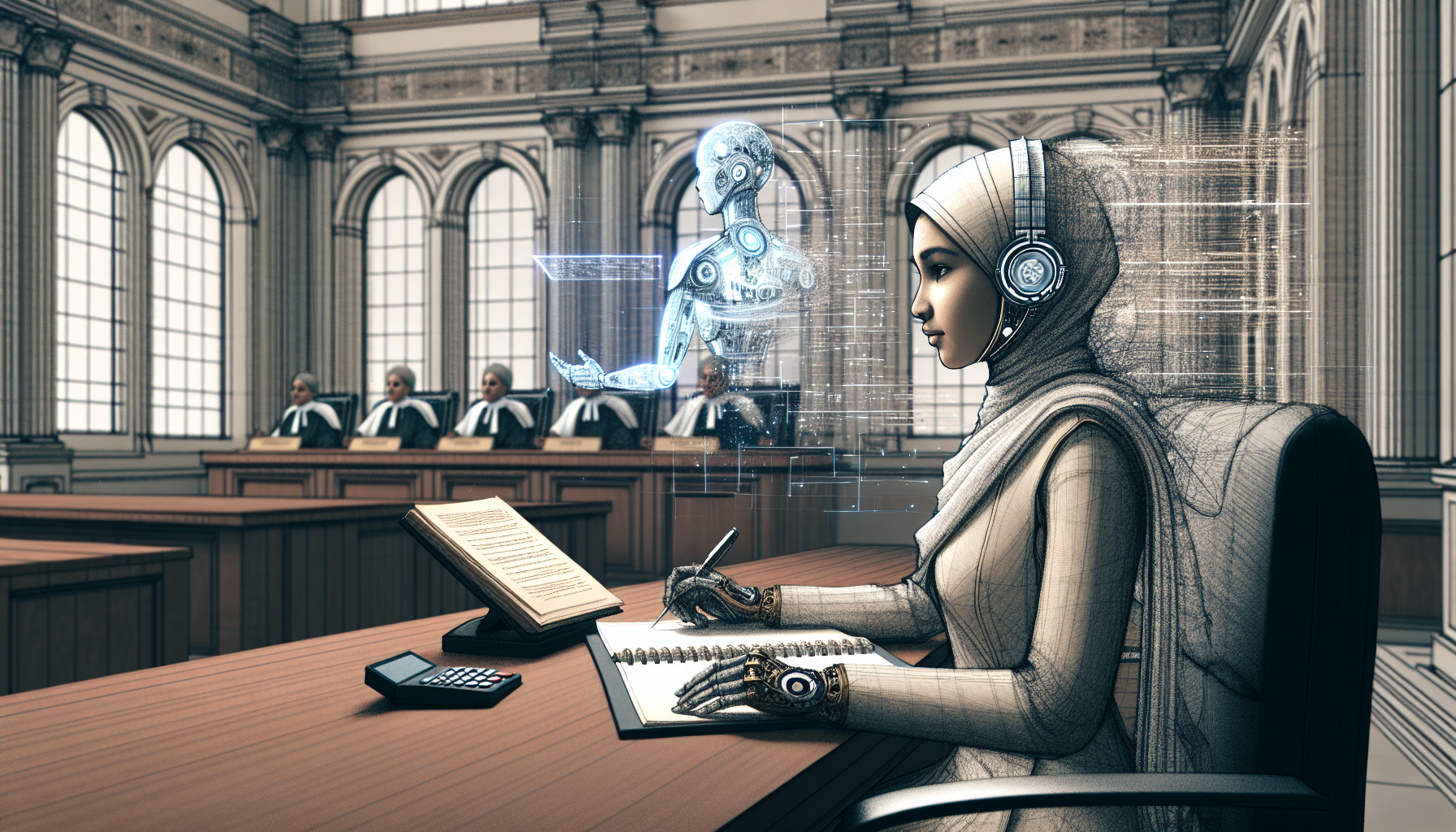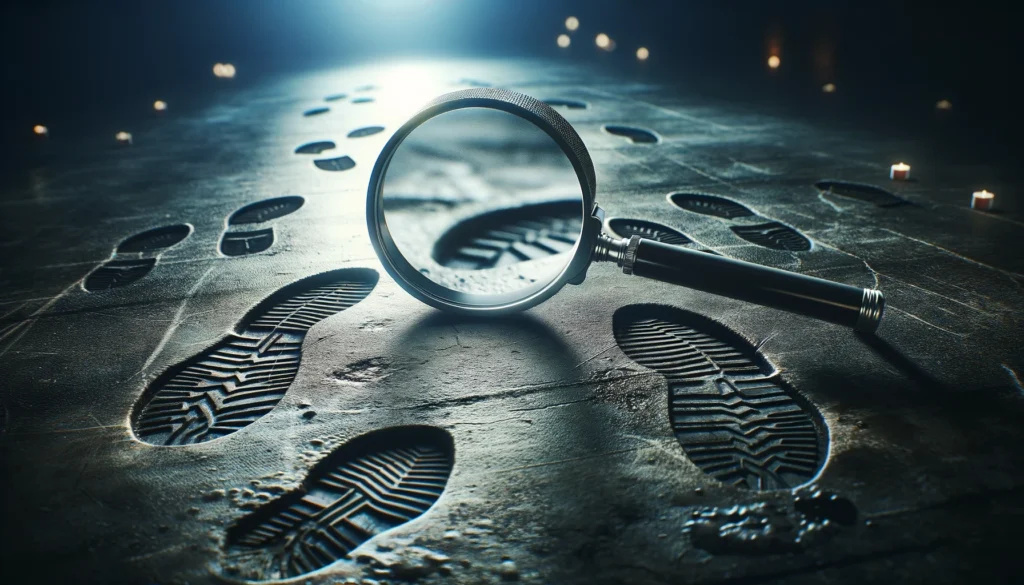
Revolutionizing Paralegal Tasks: An Overview
The legal profession has long embraced technological advancements to increase efficiency and accuracy. Paralegals, essential players in the legal machinery, now leverage cutting-edge technologies like AI to streamline intricate tasks. Large Language Models (LLMs) like ChatGPT are transforming traditional methodologies, particularly in criminal defense. By automating and facilitating nuanced chores, these intelligent systems are revolutionizing how paralegals prepare defense exhibits.
This synergy between technology and legal expertise is poised to redefine the fabric of legal preparation, offering unprecedented opportunities for enhanced productivity and precision.
ChatGPT Unplugged: A Primer for Paralegals
To fully appreciate ChatGPT’s potential, it’s essential to grasp its foundational principles. Built by OpenAI, ChatGPT harnesses vast datasets to generate human-like text based on provided prompts. This AI system, part of a broader family of LLMs, can understand complex instructions and deliver contextual responses.
ChatGPT’s historical journey is one of continual refinement, evolving from earlier models to the sophisticated tool it is today. For legal professionals, particularly paralegals, its capabilities extend beyond mere text generation to include comprehensive document creation, real-time collaboration, and automation of repetitive tasks.
By understanding these capabilities, paralegals can strategically deploy ChatGPT to handle time-consuming elements of trial preparation, thereby focusing more on strategic case analysis and client interactions.
Also read:
Strategic Prompting: Crafting Effective Instructions
Effective use of ChatGPT hinges on the quality of the prompts provided. Crafting precise and detailed instructions is an art that significantly impacts the output’s relevance and accuracy.
For example, consider the following prompt:
- Ineffective Prompt: “Generate a witness statement for the Jackson case.”
- Effective Prompt: “Generate a witness statement for the Jackson case, focusing on the events of August 15, 2022, at Central Park, highlighting any interactions between Mr. Jackson and Officer Smith.”
The difference lies in specificity. A more detailed prompt guides ChatGPT to produce material that is not only relevant but also aligned with the case’s nuances. Paralegals can leverage this technique to generate detailed exhibits, depositions, and other critical documents.
Also read:
Exhibit A: Generating and Formatting Defense Exhibits
ChatGPT excels in creating and formatting comprehensive defense exhibits. By guiding the AI through strategic prompts, paralegals can produce meticulous and organized documentation swiftly.
Consider these example prompts:
- Detailed Exhibit Generation: “Create a detailed exhibit summarizing Mr. Jackson’s alibi for the night of August 15, 2022, including timestamps, locations, and witnessed interactions.”
- Organizing Evidence: “Organize the provided evidence documents into a cohesive exhibit, including witness statements, physical evidence descriptions, and relevant case law references.”
- Formatting Documentation: “Format the drafted defense exhibit into sections, including an introduction, evidence summary, and conclusion, ensuring compliance with court submission standards.”
These nuanced prompts help ChatGPT understand the specific requirements for each document, ensuring the final product is both thorough and professionally formatted, ready for legal scrutiny.
Also read:
Automation through Innovation: Repetitive Task Management
One of ChatGPT’s significant advantages is its ability to handle repetitive documentation tasks, freeing paralegals to focus on more critical aspects of case preparation.
Batch processing similar documents, such as client intake forms or standardized legal agreements, can be expedited through ChatGPT’s automation capabilities. By providing a template prompt, paralegals can generate multiple documents with minor variations efficiently, maintaining consistency and accuracy across all outputs.
This automation not only speeds up the workflow but also reduces the margin for human error, ensuring high-quality documentation every time.
Also read:
Bulletproofing Your Evidence: Ensuring Accuracy and Relevance
While ChatGPT is powerful, ensuring the accuracy and legal relevance of AI-generated content is paramount. Paralegals must meticulously review and verify every piece of information produced.
Verification involves cross-referencing AI outputs with original case files, statutes, and legal precedents. Ensuring that evidence aligns with legal standards and accurately reflects case details is crucial for maintaining the integrity of legal documentation.
This due diligence acts as a safeguard, making sure that exhibits and other documents can withstand rigorous legal scrutiny and support the defense’s arguments effectively.
Also read:
Collaboration in Real Time: Enhancing Workflow with ChatGPT
Integrating ChatGPT into daily workflows can significantly enhance paralegal efficiency. Real-time collaboration features allow for instant refinement and adjustment of documents, facilitating a dynamic work environment.
By utilizing features such as shared document editing and version control, paralegals can work collaboratively with attorneys and other team members, ensuring that every defense exhibit reflects collective legal wisdom and strategy.
This real-time adaptability not only speeds up document preparation but also fosters a collaborative legal defense approach, crucial for complex criminal trials.
Also read:
Overcoming Challenges: Addressing Limitations of LLMs
Despite its advantages, ChatGPT is not without limitations. Recognizing these limitations is key to effectively leveraging its potential while mitigating risks.
Challenges such as the AI’s occasional generation of incorrect or nonsensical information must be managed through robust review processes. Additionally, ethical considerations, including data confidentiality and bias mitigation, are imperative to maintain the integrity of AI-assisted legal work.
By addressing these challenges head-on, paralegals can harness ChatGPT’s capabilities responsibly, ensuring it serves as an asset rather than a liability in legal processes.
Also read:
The Future is Now: Evolving Legal Practices with AI
The integration of AI in legal practices is only set to grow. With continuous advancements in AI technology, the scope for automating and enhancing legal tasks will expand, redefining traditional roles and workflows.
Encouraging ongoing learning and adaptation among legal professionals will ensure that the benefits of AI are fully realized, fostering an innovative and efficient legal landscape.
Also read:
Conclusion: Empowering Paralegals through AI
The adoption of AI tools like ChatGPT represents a significant step towards empowering paralegals, enhancing efficiency, and ensuring excellence in legal preparations. By embracing technology, paralegals can focus on strategic tasks, contributing more profoundly to defense efforts and overall case success.
As the legal industry continues to evolve with technological advancements, the synergy between AI and human expertise will undoubtedly lead to more robust and effective legal practices.


